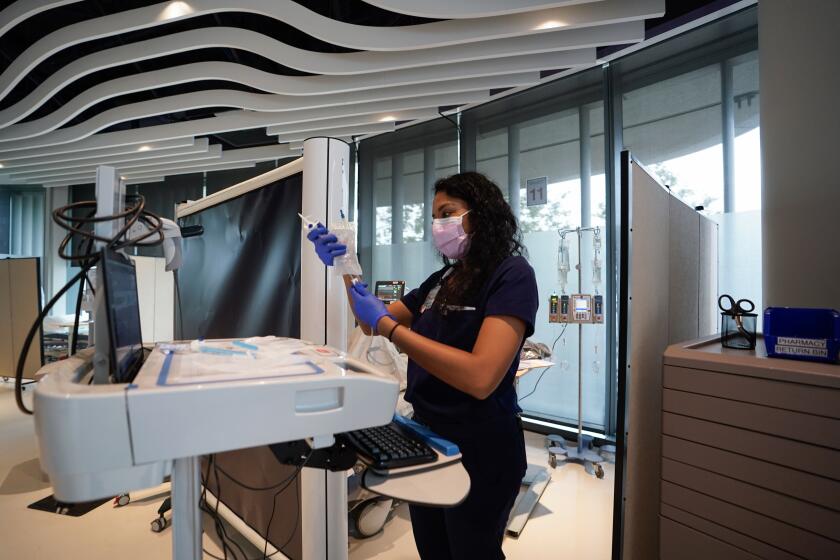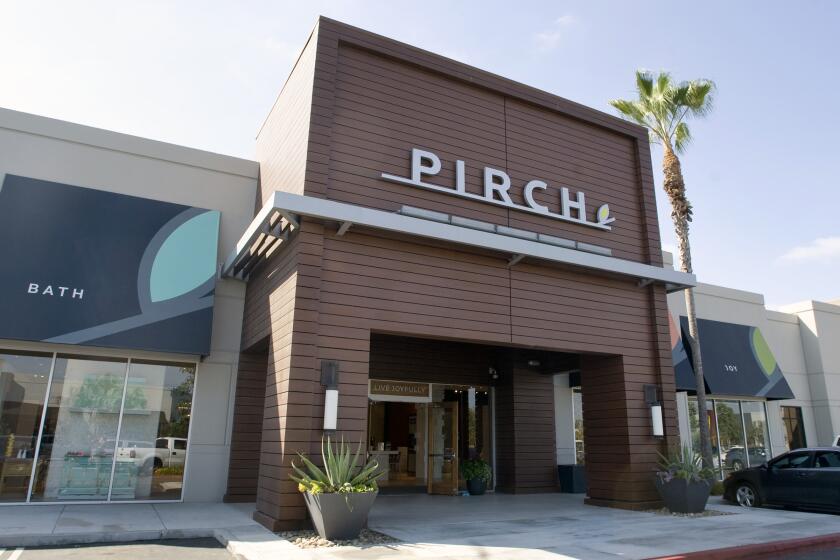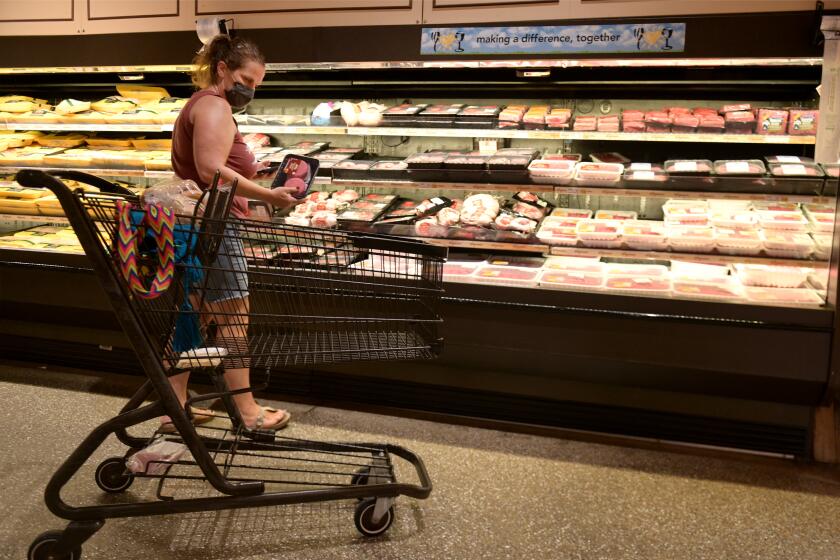Should you control your own car’s data?
These days, cars do more than get you from point A to point B. They also remember the trip, track your location, and note when your tires are low on air.
That’s because today’s vehicles are the ultimate mobile devices, recording performance, efficiency and safety. But who is receiving all of that data?
Currently, car manufacturers do, and they don’t want to let go of it.
But a bill making its way through the California Legislature next week says consumers should have control over their car’s data and the right to share it with whomever they want, such as an auto mechanic. Auto manufacturers say allowing consumers to control who sees their raw data on things like steering, braking, safety and seatbelts could open drivers up to hackers and other safety issues.

Automotive mechanics, consumer advocates and business leaders gathered Thursday to promote Senate Bill 994 which would give car owners control over electronic data in the vehicles.
“This bill would give the owner, and anyone the owner wants, access to unlimited and unrestricted data. It’s not data that you and I need for anything,” said Dan Gage, of the Auto Alliance, made up of 12 manufacturers. “Data in a vehicle now is constantly running and shooting all over the place.”
In February, State Sen. Bill Monning, D-Carmel, introduced Senate Bill 994, backed heavily by the California Auto Club, otherwise known as AAA. It’s become one of the most highly lobbied bills in the state. The bill’s proponents said at a news conference outside an independent repair shop in San Diego on Thursday that passing the legislation would help small businesses compete with dealerships in servicing what are called “connected cars.”
“They’ve got dozens of computers inside of them, and not just for diagnostics,” said Jeff Spring, communications manager for the Auto Club of Southern California. “They’re monitoring how fast you drive, they’re monitoring where you drive with GPS, they’re monitoring how you use your brakes, and in some cases, it can tell how many people are in the car. And so this is the kind of thing that’s being monitored and most folks don’t know it.” The legislation is the first of its kind when it comes to who controls the vast amount of data points produced by vehicles, which are becoming more and more automated. Currently, proponents say car buyers waive their right to the data in the fine print before delivery.
Monning’s bill, however, prompts a discussion that’s only going to get more relevant as technological advances grow in cars, said Thilo Koslowski, analyst at Gartner, a technology advisory company. Koslowski said about 20 percent of cars on the road can be considered connected. But by 2020, he sees that number jumping to 70 percent.
“At the core it isn’t wrong to have some guidelines around what can happen with this type of information,” said Koslowski, who does not have a position on the legislation. “I think it will lead to the fact that we’ll have a more serious discussion about what we should do with this kind of data, and what kind of data are being collected.”
When it comes to privacy, Gage said automakers don’t share their data with third parties unless it’s part of providing a service. He said the bill is more of a ploy by the Auto Club to get its hands on consumer data to help its insurance business and also sell to third parties, a point Spring refutes.
“The biggest push for us is making sure that consumers are aware of the information and making sure they have access to the information if they want,” Spring said.
But potential widespread access to that information is also sparking safety and discriminatory concerns.
The legislation is opposed by the California State Conference of the National Association for the Advancement of Colored People, the California Coalition against Sexual Assault, and the Peace Officers Research Association. They contend that opening up the data for consumer control could lead to hacking, discrimination when it comes to insurance rates and also safety issues with stalking.
Koslowski said it would be very difficult for someone to hack into a car, even if consumers controlled the data.
“It would almost be easier to have a drone follow you with a camera than trying to hack into the vehicle,” he said.
Statewide, the legislation is being backed by independent and franchised auto repair shops.
John Eppstein, owner of John’s Automotive Care in Mission Gorge, the site of Thursday’s news conference, said while he’s always been able to tap into engine computers to get a diagnostic code to help solve a problem, he is at a disadvantage with newer cars because some of the data they collect could pinpoint an actual problem, a luxury he said dealers have.
“A trouble code is a very generic code, it doesn’t necessarily tell you what you have a problem with,” he said. “You could have an electronic issue that makes it look like you have a transmission that’s going bad, and we don’t always have access to information to decipher is it a transmission issue or is it the actual electronic controls issue?”
But Gage, of the Auto Alliance, said there is no current disadvantage for independent shops.
“There’s nothing available to a dealer that is not also available and accessible to interested consumers and independent repairers,” he said. “The difference is that the dealership is forced to have all of the information and tools, and needs to be service-ready for every make and model that comes in.”
The bill is scheduled to go before the 11-member Senate transportation and housing committee on April 22. The committee has two San Diego members, Sen. Mark Wyland, R-Solana Beach, and Sen. Ben Hueso, D-San Diego. Both are reviewing the legislation but have yet to make a decision, spokespersons for each of the elected officials said Thursday.
Get U-T Business in your inbox on Mondays
Get ready for your week with the week’s top business stories from San Diego and California, in your inbox Monday mornings.
You may occasionally receive promotional content from the San Diego Union-Tribune.






